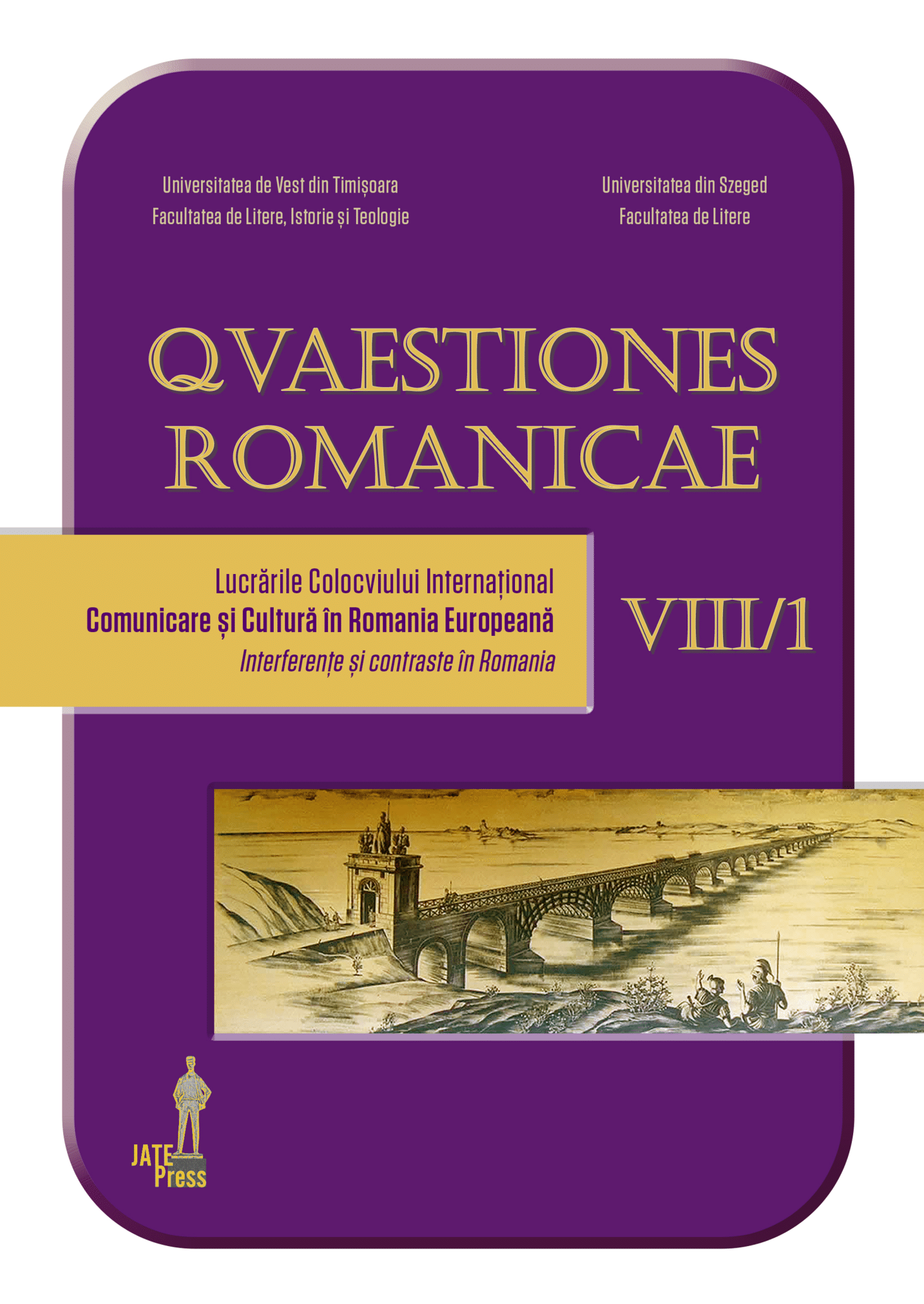Las formas imperfectivas y perfectivas del verbo románico, estabilidad y cambio
The Imperfective and Perfective Forms of the Romance Verb; Stability and Change
Author(s): Jukka HavuSubject(s): Morphology, Comparative Linguistics
Published by: Universitatea de Vest din Timişoara
Keywords: Romance languages;verbal system;verbal aspect;imperfect;perfective tenses;
Summary/Abstract: This work deals with the etymology and the uses of the imperfect indicative in the different Romance languages, surprisingly similar in all of them. In these languages the perfective forms are all Romance innovations with the exception of the simple perfect. Some of these forms, like the perfect and the conditional, are Romance innovations also from the semantic point of view; they had no morphological equivalents in the Latin system. The functions of the present and the imperfect, on the other hand, remain practically unchanged and share also the same etymological origin in all the Romance languages. The examples adduced, which also include some modal uses, come from Spanish, Romanian, Portuguese, French, Catalan and Italian. After a brief review of the basic instruments of temporal and aspectual analysis, it will be proceeded to a relatively detailed description of the three basic functions of the imperfect (the persistent, continuous and habitual aspect) in these languages. The stability of the imperfect forms (present and imperfect), compared to the multiplicity of Romance solutions in the aspectual area of perfectivity, must correspond to a visual and cognitive perception well rooted in the consciousness of the speakers. This conceptualization is most likely based on the perceptual tendency of speakers of these languages to focus on actions in their ongoingness instead of the environment in which they develop.
Journal: Quaestiones Romanicae
- Issue Year: VIII/2020
- Issue No: 1
- Page Range: 65-93
- Page Count: 29
- Language: Spanish

